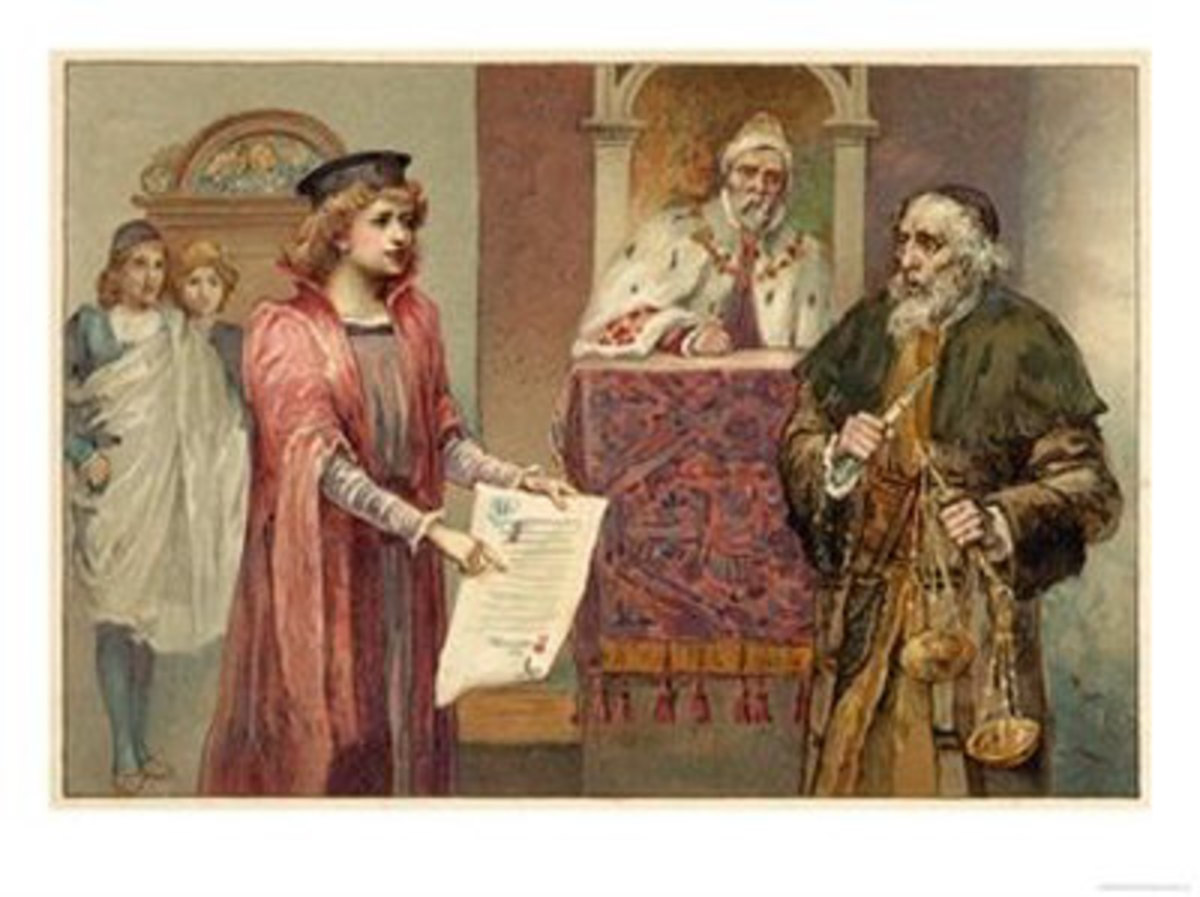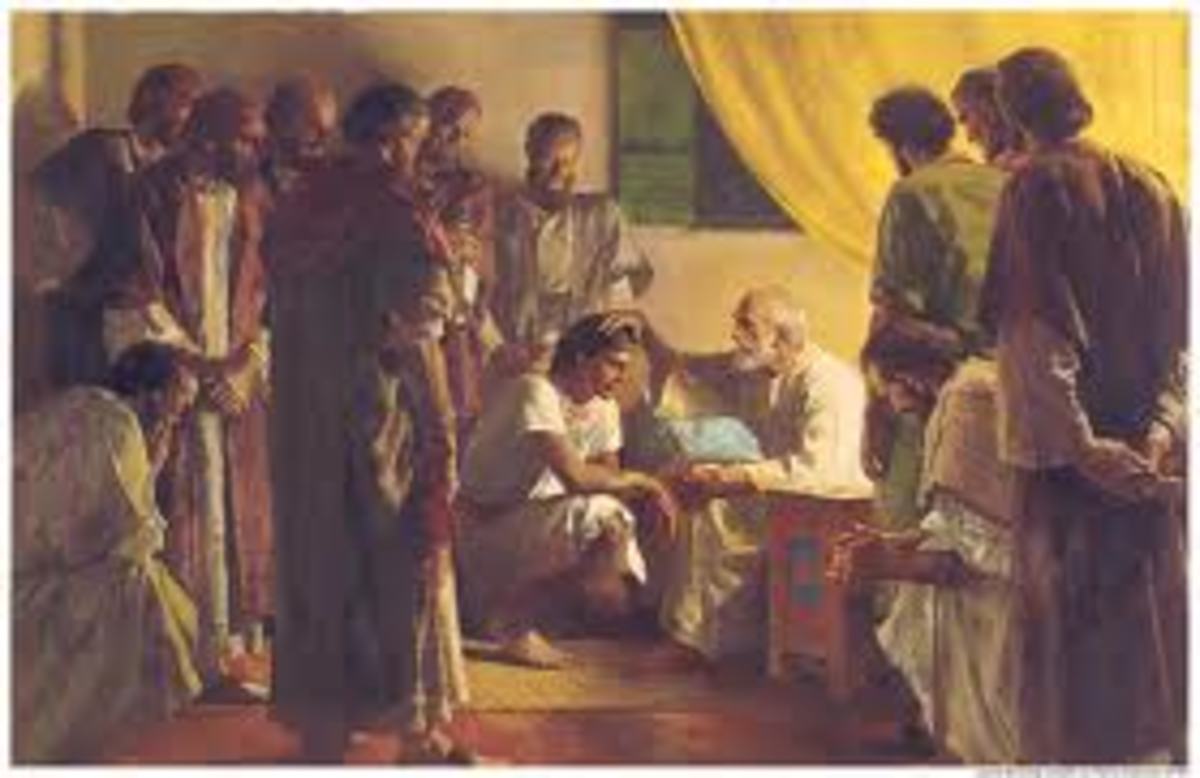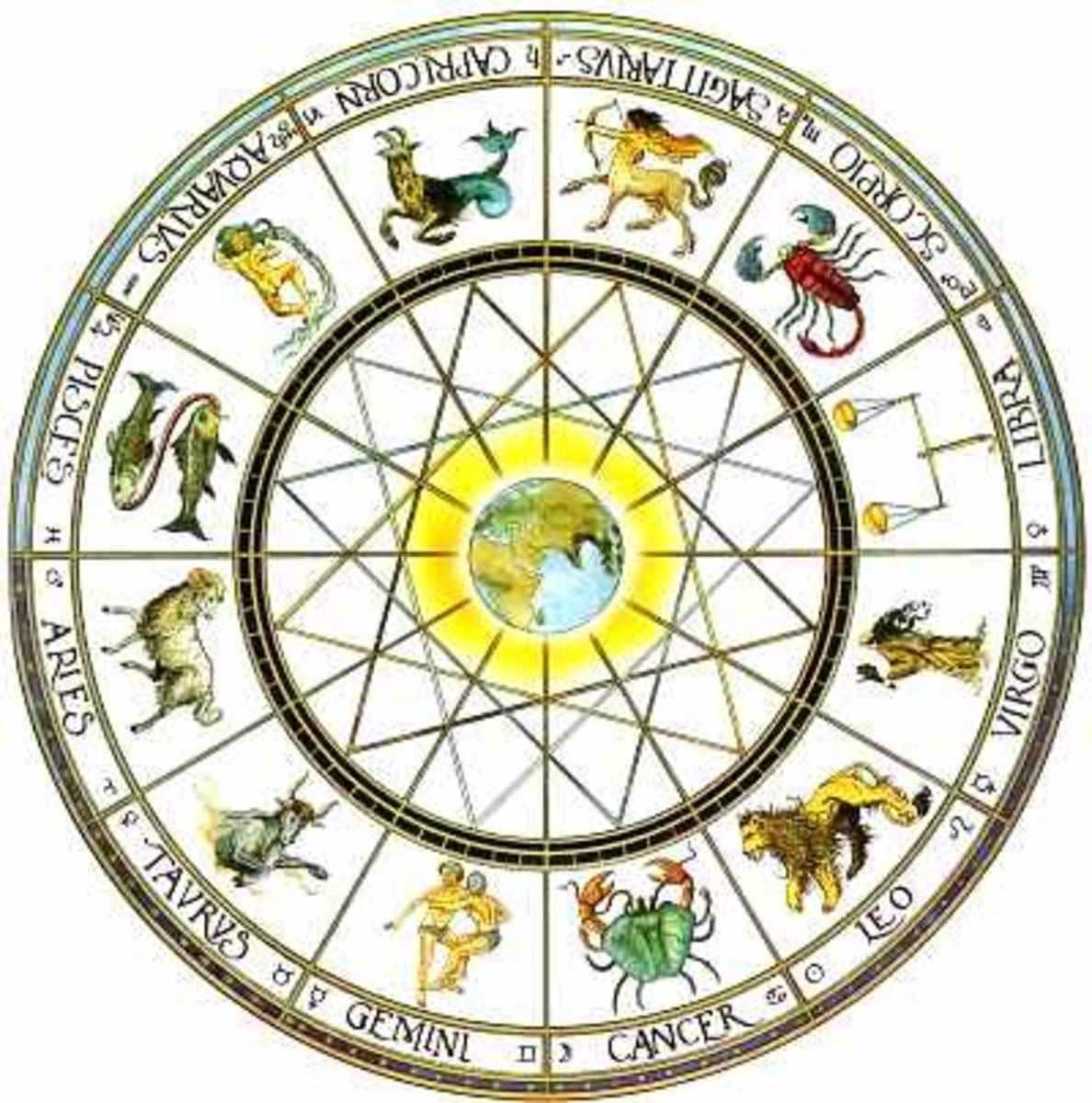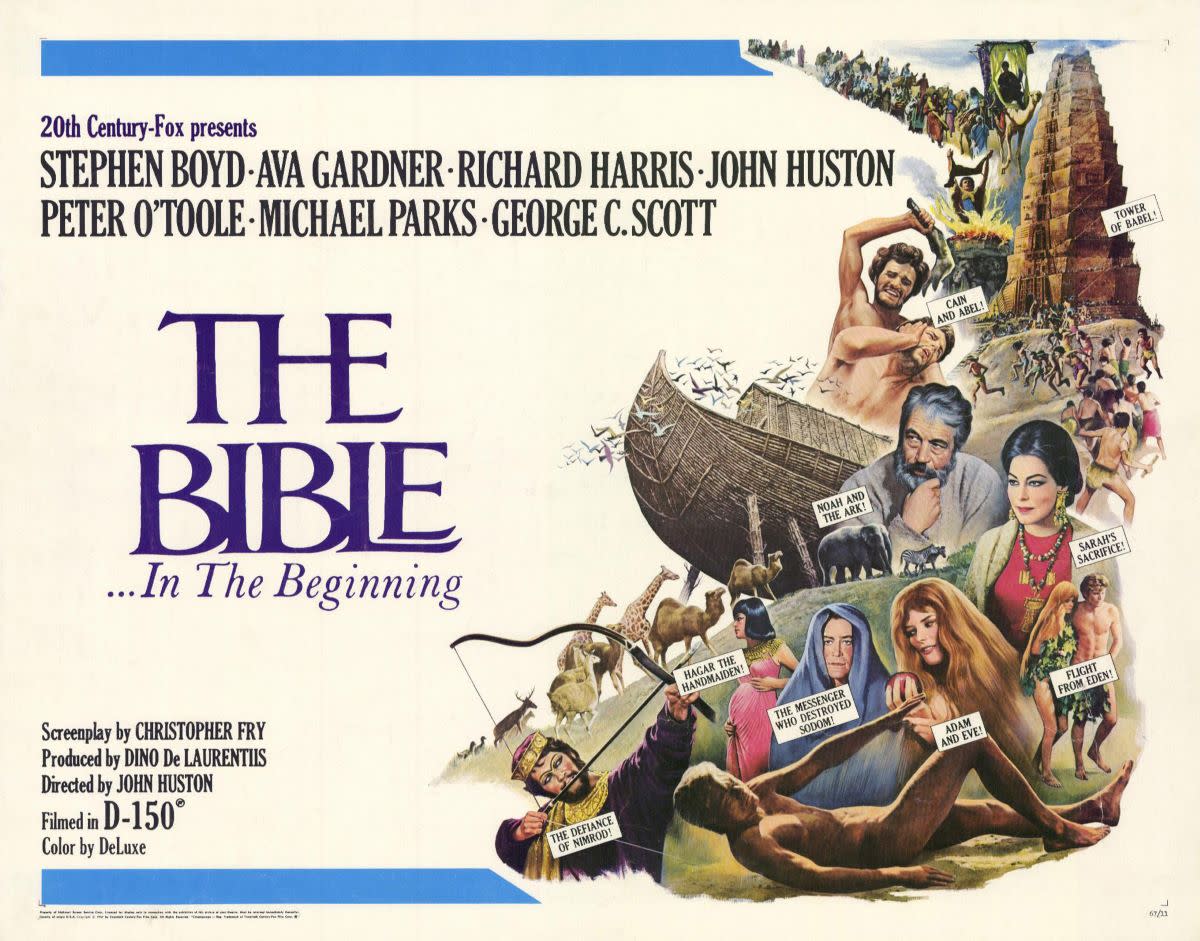A bit of interesting Jewish History

Where does one begin writing about the Jews and their history? It would be nice to get factual data on when the events of the bible took place. Unfortunately there are no verifiably factual people in the bible until the time of David and the united monarchy dating back between 1000 and 900 BCE.
There is no verifiable record of Abraham having existed. The person I thought had created Judaism, Moses, has proved to be illusive in history. Most scholars now think that he was perhaps a character in one of the many exoduses from Egypt, or a complete fabrication.
Obviously if that is true then Moses did not write the first five books of the bible, and most scholars agree that he did not, but then he probably didn’t do all the wonderful things the bible claims he did either.
But here is the most interesting thing of all. The Jews are not a people, they are a family. There are a lot of Semitic people in the world. The Arabs for one.
Of course this is all explained in the bible by the Noah story where each son of Noah inherits part of the world and populates it after the flood. That would mean all people are Semitic, but we know that’s not true.
Semitic refers to a language group, not a race. We know that language group is very old. It dates back to Sumer and is probably 3000 to 4000 years old. The Sumerians were not Semitic people. They called themselves the dark haired people.
The Jews trace their line back to one man: Abraham. He had a son named Isaac who had a son named Jacob and was later renamed Israel. He had 12 sons and they became the twelve tribes of Israel. One family.
Can we believe that all the begats happened the way the bible said they did? Probably not. Like any family, lineage was kept by word of mouth and through stories told to the young by the old. That is what the first five books of the bible are all about. It is evident that in time the twelve tribes would have variations as to who begat who and how. We see some of these variations in the bible itself.
Remember Noah? Well, he existed in Sumerian legend before there were Semitic people in the region. The Semitic people learned this story from them. As I have written about before, the Sumerian legend tells us it was regional flood, not a worldwide flood. The Babylonians borrowed the story from Sumer after conquering them, and the Israelites got the story from both and made up their own version of it. Each story gets progressively more unworkable and grandiose.
Then there is the Babel story where god not only seems to change everyone’s language but according to many Christians, defines the moment when man began to have different skin colour as well.
Genesis is many things. It is the story of a people starting from a man called Abraham, and that part is probably based in fact though hardly completely factual. Again, we don’t know if Abraham was a real person or just a starting point. After all, no matter what his and her name, some couple started the clan. But it is also the story of how mankind and all things came to be and how we became different.
The Sumerians and Babylonians both believed in pantheons, not just one god. So the creation myth itself is an Israeli story. It does have similarities with the creation myths of the region, but it can’t be said that it is a completely borrowed myth either.
We know that the Jews first wrote down and compiled the current version of the OT bible between 600 and 400 BCE. By then there were already ten tribes lost of the twelve,. Ten probably distinct voices that were never heard from.
Think about that for a moment because it is amazing. There was really one faction that was dominant at the time, the tribe of Judah. And that is where we get the name: Jews.But in fact the religion that sprang from the Israelites is Judaism, meaning that it is named for that one tribe of the twelve.
How did this happen? When were the first books written and by who?
As I said at the beginning of this text, we cannot corroborate the existence of many of the main characters in the early bible up until David’s time; 90 to 1000 BCE and in the time of Solomon. A funny thing starts to happen around that time, the book of Deuteronomy was magically found in the first temple. There was, it seems, a push to create and standardize monotheism at the time by the priest class.
Before the united monarchy the tribes lived under a loose confederation ruled by judges. Saul from the tribe of Benjamin was the first king of the land of Israel. The tribes were in fact divided into a southern and northern kingdom. The ten tribes that would be lost in the great Assyrian deportation to places unknown, lived in the north. The tribes of Benjamin and Judah lived in the south. Though there were always representatives of the tribes mixed together in the north and south as well as in other lands.
The north and the south had two different names. The south was Judah and the north was Israel. They were distinct cultures throughout their existence by all accounts from archaeological evidence,
David of the tribe of Judah was of course the king that completely unified the tribes by fighting the ten and winning the first civil war. He made the capital of the new nation Jerusalem and built the first temple. Again, it is here between David and Solomon that it seems the religion itself is being built. Before this time period we have no record of Abraham or any biblical figure. It seems that the written documentation, stories about the characters, all originated here or were originally written down here. And again, that mystical find in the temple is most telling.
The book of Samuel is interesting in that it has passages that are both anti monarchy and pro monarchy. Most scholars agree that it is a collection of works blended together rather than being by one author.
An interesting thing about David is that he wasn’t a saint by all accounts. There is good evidence that he had his brother murdered so he could gain the thrown.
After the age of King Solomon, being the glory days of peace for the nation, when he died and King Rehoboam took the thrown civil war broke out between the north and south again. This time the ten got their independence. Less than 200 years later in the 700s BCE the ten tribes were conquered by the Assyrians and deported. No one knows how many were killed and how many were actually deported. And no one knows where those tribes ended up if indeed they survived.
So in 580 BCE the Babylonians would conquer Judah and 40 years later be set free by the Persians who finally ended the days of Babylon. Some say after the Babylonians were defeated by the Persians and the Jews were set free, that many from the other tribes joined them again. It is just not clear.
Many Jews chose to stay in Babylon. Others went back to their lands with the basics of what would become the Torah. It does seem as if some of the other tribes were represented and that the scholars tried to appease other ideas. But what would the religion have looked like had all the tribes stayed together? Was politics the only reason they were constantly at war with each other, or was religion part of it too?
In 458 BCE the Jewish people were back in their home land and started rebuilding the temple. There they lived again until Rome took over their lands while leaving a Jewish monarch in place as a favour for Jewish help in a decisive battle. Later they would take that away as well, and leave the Jews once again without a homeland.
It is thought that even references to Jews back sliding to worship of idols in Exodus was actually a story relating to the current state of the religion of Judah among the other tribes. A story created to try to unify the tribes by saying they were at one time unified in this religion under Moses. In other words: a ploy. Revisionary history used as a political tool.
In the end a complete line was fabricated from all the ancient stories told by the various tribes, along with the imagination of some writers and the political goals of others. And it seems to all have started with David and Solomon rather than Abraham and Moses.
One family. Not all ten tribes. The religion that would later spawn Christianity and later Islam was probably the culmination of a vision of one tribe: The tribe of Judah. Not the 12 tribes of Israel.









